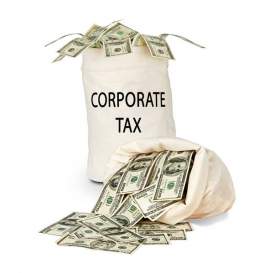
Everything to Know about the CFA

What is a CFA?
A CFA, or chartered financial analyst, is a finance and investment professional, who has obtained a license to signify their mastery in the fields of investment management and the financial analysis of stocks, bonds and their derivative forms. To become a chartered financial analyst (CFA) an individual must pass three six-hour exams; possess a bachelor’s degree from an accredited institution and have at least 48 months of qualified and professional work experience.
In addition to these requirements, all CFA charter holders are required to adhere to a stringent code of ethics and standards that regulate their professional conduct. The CFA license or charter represents a qualification for investment and investment professionals; the CFA program primarily focuses on portfolio management and financial analysis, while signifying a basic knowledge of other areas of finance. In summation, the CFA is a license offered to those individuals who pass the difficult tests to demonstrate that such professionals possess the ability and moral standing to handle other individual’s or company’s finances.
What is the CFA institute?
The CFA was originally established in 1947 when it was referred to as the Financial Analysts Federation. In hopes of boosting the credentials of the public, the CFA Institute was created as a result of the merger between the FAF and the Institute of Chartered Financial Analysts. The CFA program began in the United States but became increasingly popular overseas, with many professionally becoming charter holders across Asia, Australia and Europe. The CFA designation was first awarded in 1963; currently the CFA institute is home to more than 100,000 members around the world.
CFA Requirements:
At the most level, participation in the CFA Program requires an individual to be in the final year of a university degree or possess at least four years of qualified, professional work experience in an investment-decision making process or firm. That being said, to obtain the CFA charter (the actual CFA license), the candidate must have completed a university degree and four years of qualified, professional working experience. These requirements are added-on to passing the three exams that test the candidate’s aptitude in the aforementioned fields.
Those candidates who are applying for the CFA charter will generally take one exam per year over three years. Fees for each exam range from $710 to $955, depending on the date on which the individual register to take the exam. An additional $400 to $480 will be attached for new members enrolling in the program. The CFA exams are incredibly challenging; only 42% pass the first level, 39% the second and 46% the third. The CFA Tests:
All three CFA tests have a strong emphasis on moral ethics. The material differences among the exams are as following:
• The first CFA exam will emphasize tools and inputs and ask questions regarding financial reporting and analysis, portfolio management techniques and asset valuation
• The second CFA exam will revolve round asset valuation, including questions revolving around economics, financial reporting and quantitative methods in alignment with asset valuation
• The third CFA exam will revolve around portfolio management and include strategies for the applying inputs and rolls in managing equity, derivative instruments and fixed income for private investors and institutions.


















